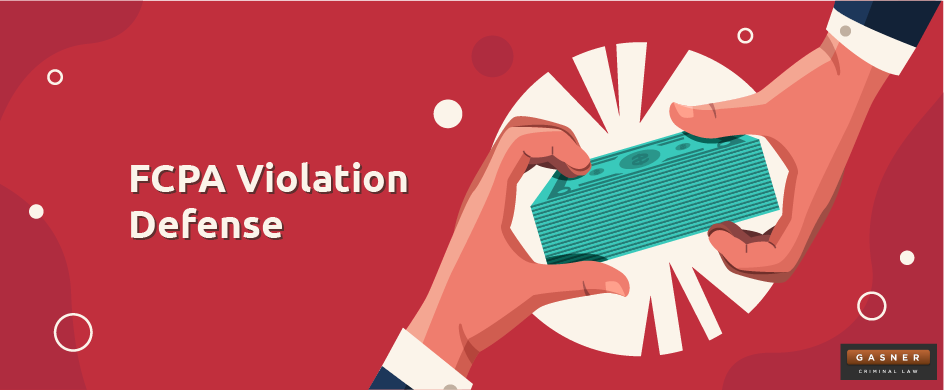San Francisco FCPA Violation Defense Lawyer
In 1977, the U.S. Congress passed the Foreign Corrupt Practices Act to make it illegal for certain individuals and groups to pay foreign government officials as a means to get their assistance with retaining or starting a business in their country through bribery. The FCPA applies to all citizens of the United States, as well as businesses and foreign companies that are listed on the U.S. Stock Exchange and who do business in the United States.
Businesses are not allowed to make payments to foreign officials for help getting or keeping a business. They also can’t promise any payment for anything of value to those officials, as well as political parties or candidates running to hold office in a foreign country, to retain or obtain a business there. Additionally, there can be no payments made as a bribe to those individuals through a third party if there is an intent to influence them regarding a business.
It is required that all companies maintain records that show all of their transactions, which is meant to help provide oversight and to eliminate incidences of FCPA violations. They can give nothing of value to these foreign entities that would be construed as a bribe for business dealings.
What Does the Term Anything of Value Mean?
Some might not realize that they are potentially committing an FCPA violation when they give someone a gift. It is important to understand what the law means by “anything of value.” This is a large umbrella term that can include far more than just cash payments. It also includes property, vehicles, shares in a company, jewelry, and even travel expenses.
What Are the Penalties?
The Securities and Exchange Commission enforces the FCPA civilly, while the United States Department of Justice handles criminal penalties.
The civil penalties for FCPA violations can include fines of up to $10,000, along with an extra fine that will be equal to or less than the amount of gain from the violation. It could also be a specific dollar amount based on the violation, and this amount can vary.
Those who are found to be in violation of the FCPA may also no longer be allowed to do business with the federal government.
Additionally, criminal charges could be filed against the defendant, who could be part of the management team, a stockholder, or an employee. These penalties are severe and could result in up to five years in federal prison, as well as a fine of up to $100,000. Penalties for businesses include fines of up to $2 million.
Typically, an FCPA investigation involving a business will not have criminal charges. Instead, businesses will often be able to settle before they go to court. Investigations into individuals who violate the FCPA will often result in the severe penalties discussed above if it is proved they willfully violated the act.
Common Defenses for FCPA Violations
Fortunately, a good attorney can help you to find defense strategies that can assist in your case. According to the FCPA, several potential defenses could work.
First is determining that the payments made to the foreign official were lawful based on the laws of the foreign country.
Another defense that may work is that the payment is considered a reasonable and bona fide expenditure. This could be paying for travel expenses for the foreign official to execute a contract with their government. Travel expenses in this case would be considered reasonable and bona fide, whereas paying for the official and their family to go on vacation would not.
If the payments were made in good faith, or the defendant did not know unlawful payments were being made, they could be considered a good defense, too.
Of course, each of these cases will be unique to the situation, and there is no single defense that is always going to work. You need a lawyer working to help you with these charges as soon as possible.
Please read “Possible Defenses for FCPA Violations: A Legal Perspective” for a more detailed analysis.
Contact a Knowledgeable Attorney
As you have seen, the penalties for these FCPA violations can be quite severe. You should contact an attorney right away to help you with your defense Contact Gasner Law by calling 415-782-6000 today. We are standing by and are ready to provide you with the counsel and representation you need.
Resources: https://www.sec.gov/enforce/sec-enforcement-actions-fcpa-cases

